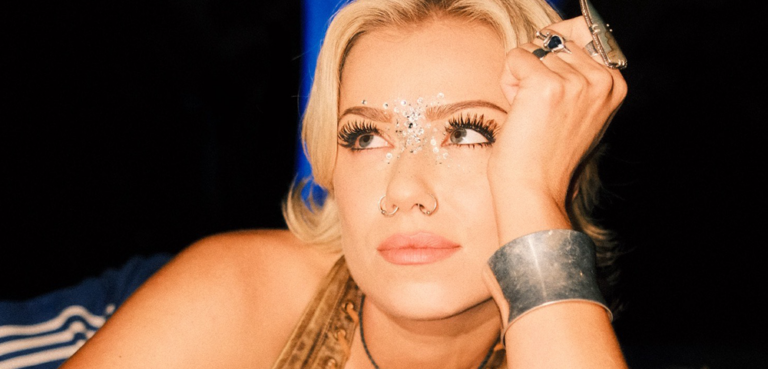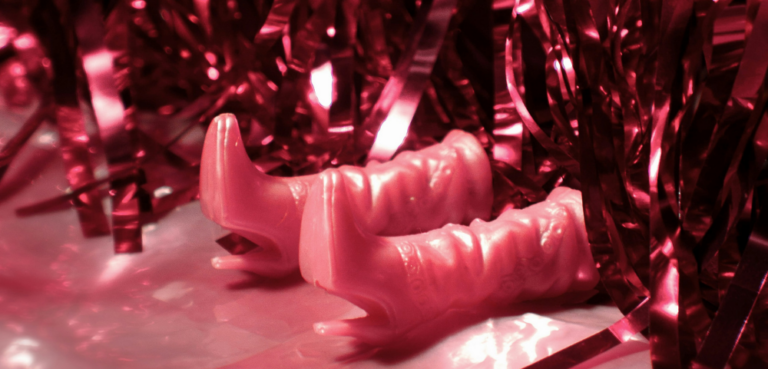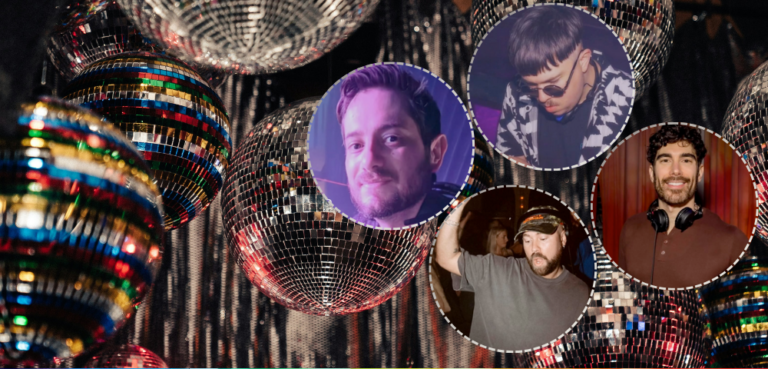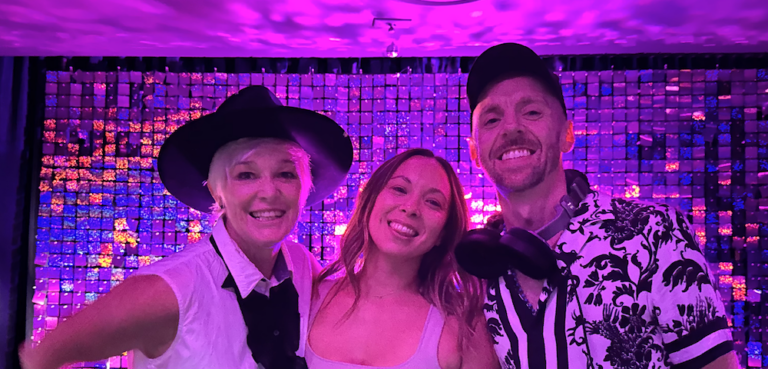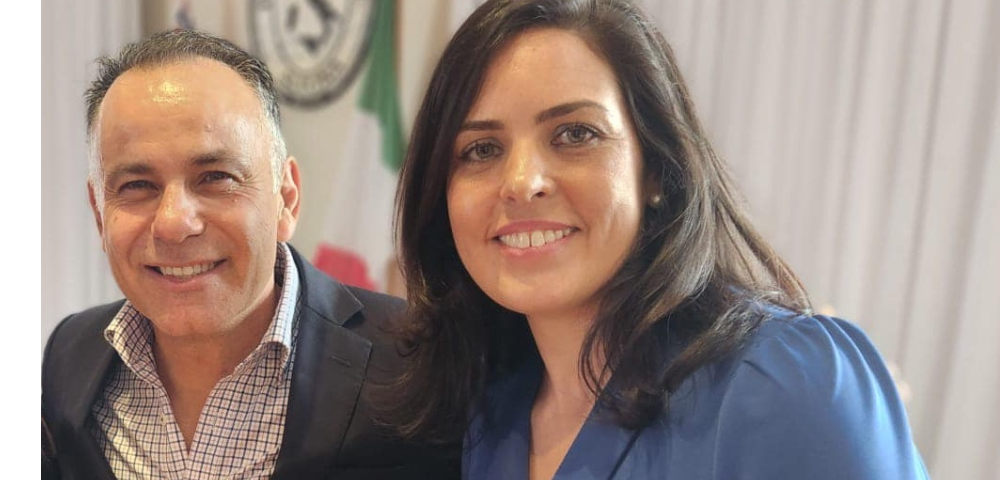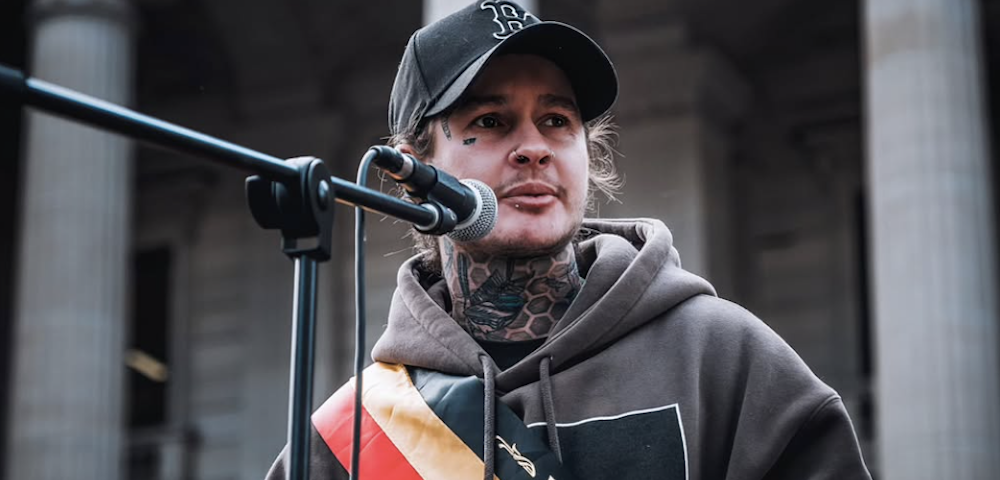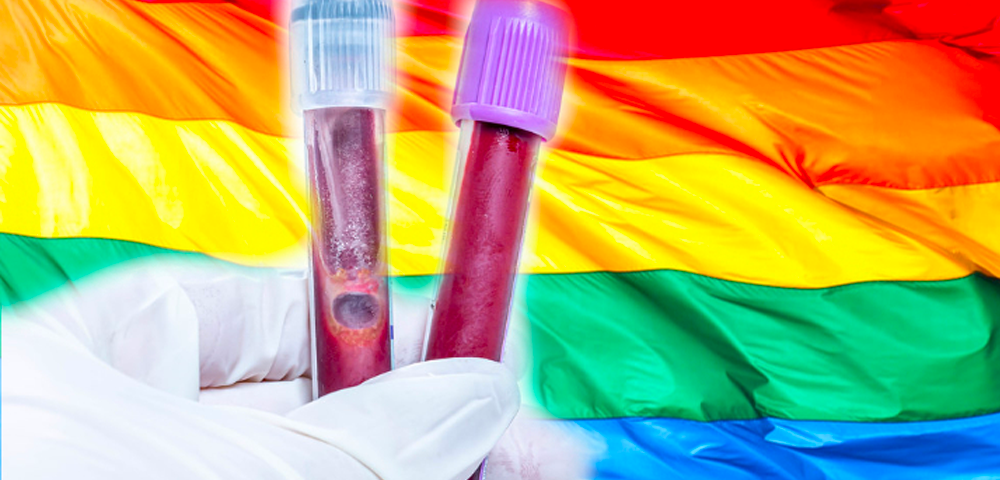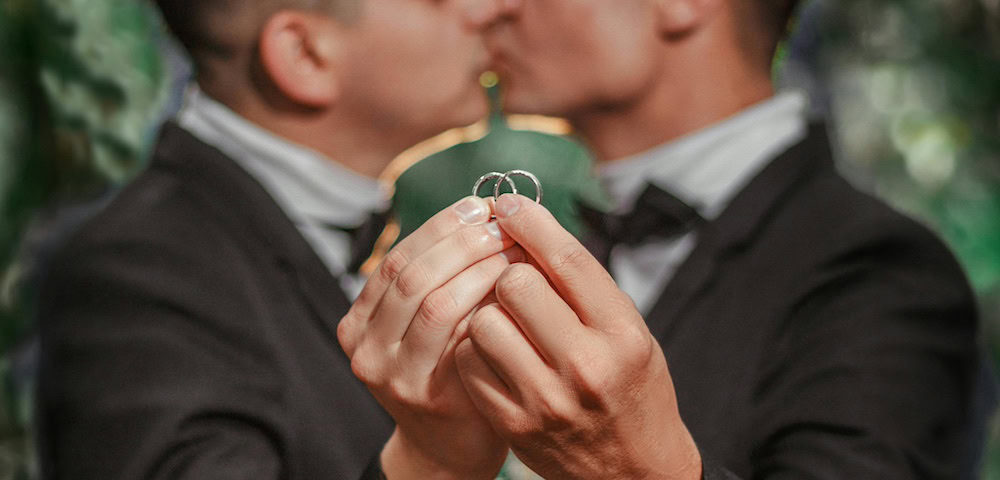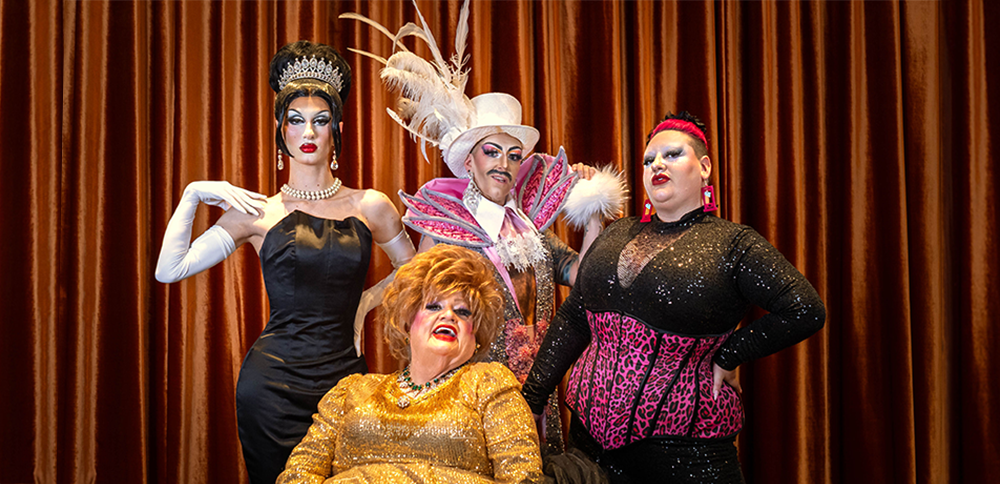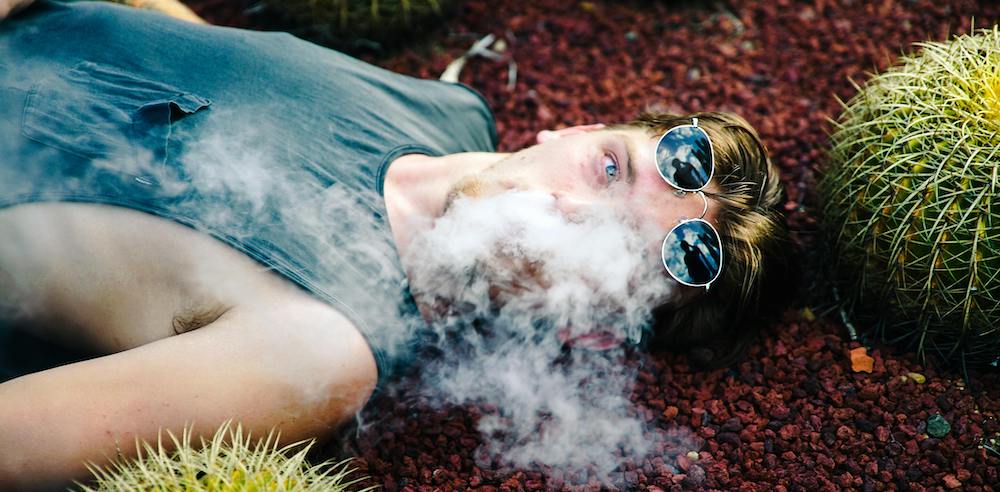
Why Victoria needs to confront its homophobic past: Seb Starcevic
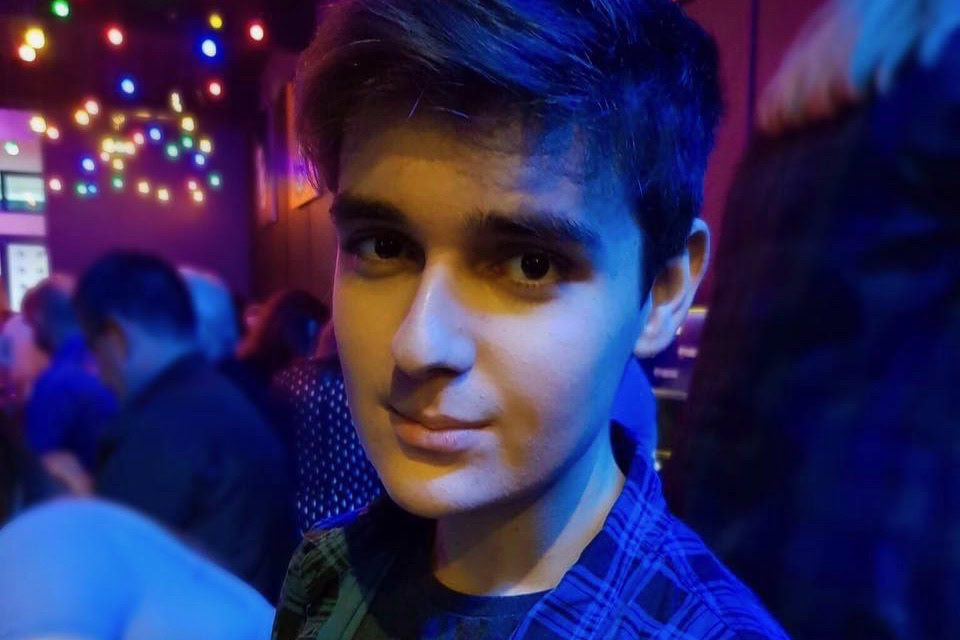
When 23-year-old Robert Murley was accused of bashing, stabbing and almost decapitating 65-year-old Joe Godfrey in March 1991, he didn’t deny it. Instead, he claimed Godfey had made a sexual advance, causing him to lose his temper and lash out.
The two men had met earlier in the night at a pub in Melbourne before going back to Godfrey’s flat for a nightcap. At that point, Murley – who was heterosexual – said Godfrey exposed his penis and put his arms around him.
In “sheer panic,” Murley grabbed a breadknife and stabbed Godfrey, hit him with a chair, and while he lay unconscious, wrapped a towel around his head and slit his throat so deeply that he was almost decapitated. Afterwards, he stole fifty dollars, set the flat on fire, and fled.
A psychologist who examined Murley told the court he had an “intense or excessive detestation or abhorrence of homosexual advances being made towards him.” Despite the horrific details of the killing, and a witness testifying Murley had bragged earlier in the night about planning to “take [Godfrey] for a ride” and “roll” (assault and rob) him, the jury agreed Murley had acted in self-defence, finding him not guilty on all charges.
Murley’s acquittal is often cited as the first successful use of the Homosexual Advance Defence in Australia. But Godfrey was far from the first – or last – man to be killed simply for being gay in Victoria.
In NSW a parliamentary inquiry is currently underway to investigate the state’s horrifying history of gay bashings and murders. An interim report tabled earlier this year found a “prevailing acceptance of and indifference towards violence and hostility directed at gay men.”
But homophobic violence wasn’t confined to Sydney’s Northern Beaches or its Eastern Suburbs.
In the 80s and 90s, Victoria had its own “poofter-bashing” epidemic. As in NSW, the perpetrators were usually young men and often operated in groups, prowling popular gay beats – mainly parks and public toilets – across Melbourne and regional Victoria.
Many victims were reluctant to report their assaults to the police, fearing they would be discriminated against or outed. In 1985, after a 55-year-old gay man was shot and killed in Footscray Park, Victoria Police acknowledged a “reluctance on the part of the gay community to approach us because it might expose their sexual habits”.
In some cases, the police themselves were the instigators of homophobic violence. In December of 1990, a man anonymously claimed he was attacked by a senior police officer while cycling in Albert Park, a well-known gay beat.
He said he was punched, and his head was slammed against a brick wall. He claimed the officer said he “hated poofters and this was his way of getting rid of AIDS.” But when he reported the incident to Victoria Police, he was told his injuries could have been acquired from falling off his bike, and his complaint was dismissed.
In recent years, Victoria Police has attempted to course-correct and atone for its history of homophobia. Last month, Chief Commissioner Graham Ashton admirably condemned the force’s “unacceptable” treatment of gay people and acknowledged they had “fallen short of the expectations that the community rightly puts upon us.”
“This work is not complete, and we are committed to becoming an organisation that reflects the entire community, and one that firmly rejects homophobia, transphobia, and other types of prejudice,” Chief Commissioner Ashton said.
Part of that commitment must be an honest reckoning with historical injustices that are still raw for some today. Thorne Harbour Health, Dowson Turco Lawyers and I believe the best way to make that happen is through an independent inquiry to examine the responses of institutions to homophobic hate crimes and give victims of homophobic violence and their families the chance to be heard.
We’re calling on Premier Daniel Andrews to follow through on his historic apology for the criminalisation of homosexuality in Victoria in 2016 in which he pledged to address the mistakes of the past and make Victoria a place where gay people can hold hands with their partners in public without fearing for their lives.
In the Premier’s own words, “It’s never too late to put things right … That starts with acknowledging the offences of the past, admitting the failings of the present and building a society, for the future, that is strong and fair and just.”
Seb Starcevic is an Honour Award nominated Melbourne freelance journalist.
